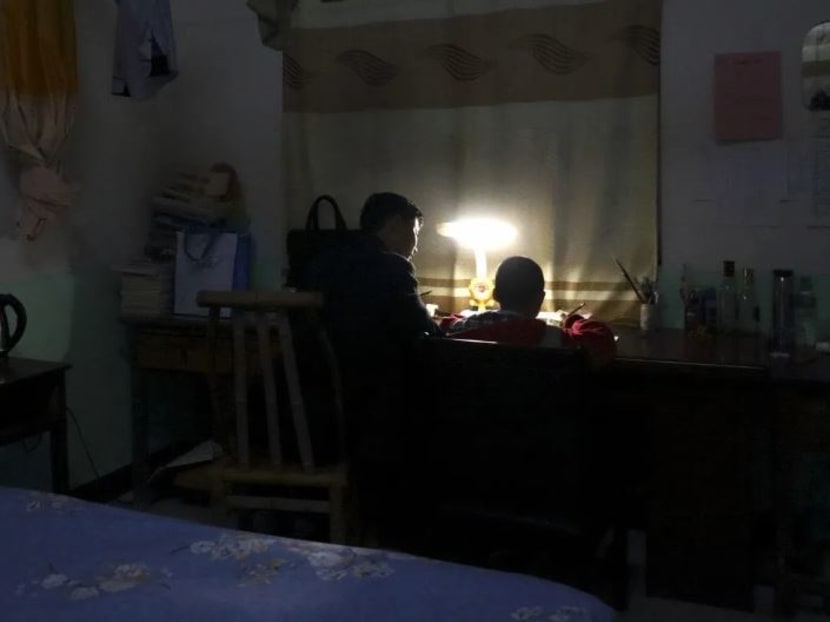China’s proposal to leave homework unfinished a fail, say parents
ZHEJIANG (China) — China’s national homework debate has been reignited with the suggestion in one eastern province that a good night’s sleep may be more important.
ZHEJIANG (China) — China’s national homework debate has been reignited with the suggestion in one eastern province that a good night’s sleep may be more important.
Education authorities in Zhejiang province have proposed that children can leave their homework unfinished after a set bedtime – 9pm for primary school and 10pm for middle school students – with their parents’ agreement.
The new policy is one of 33 measures outlined in a draft directive issued by the provincial government on Monday for public consultation as part of a national initiative to ease stress on schoolchildren. Other measures include restricting after-school courses and encouraging a more diversified evaluation of student performance.
Schoolchildren have “too much homework, too many after-school classes and competitions”, but “not enough sleep, exercise or after-class activities”, the directive said.
But far from being happy with the new policy, parents are concerned their children will pay for the measure by ending up in lower quality schools. While the new rules might lessen the workload, they argue, examinations – which determine college places – remain as gruelling as ever.
“They want the children to be happy and ban them from studying hard, but will they be happy when they fail exams?” said Mr David He, the father of a grade 5 pupil in Jiaxing.
“It’s meaningless to talk about reducing the academic burden if finally academic performance still plays the essential role in school/university applications,” he said.
Under existing rules, every college chooses students based solely on their scores in the centralised, government-led gaokao, or entrance exam.
Dr Chu Zhaohui, a researcher at the Beijing-based National Institute of Education Sciences, said the fundamental solution to the excessive burden on Chinese students was to reform the government-led college admission mechanism. Universities should be given the right to decide how and who to admit, he said.
“To measure students with just one standard is killing opportunities for many kids talented in various fields,” Dr Chu said.
Parents are also concerned that the proposed reforms will entrench social class.
“To reduce academic burden, stop focusing on grades and emphasise more on other skills? I think that’s what rich people created to fool the poor,” said Ms Xiao Yi, the mother of an eight-year-old boy in the provincial capital of Hangzhou.
“Without enough classes and homework from schoolteachers, those elites can teach the kids on their own or buy extra tutoring, but what about those who are neither rich nor educated?” she said. “So in a certain sense, it’s limiting opportunities for upward mobility.”
Chinese authorities have been issuing orders aimed at reducing the academic burden on children since the 1990s but despite calls to give students a break, things have gone in the opposite direction.
About a third of all primary and secondary schoolchildren have less than one hour of outdoor activity per day, and more than 70 per cent are getting less than the recommended amount of sleep, according to the National Health Commission.
The government advises 10 hours of sleep each day for primary schoolchildren, nine for junior high school students and eight for those at senior high schools.
Children’s health has also suffered from the high stress levels, according to the commission which in April said myopia was on the rise, largely due to the long hours of homework. The condition troubled about 36 per cent of primary schoolchildren, compared to 23 per cent in 2000, with similar increases for their older peers.
More than 70 per cent of junior high school students have myopia, compared to 50 per cent in 2000, while incidences of the condition have risen from 72 per cent to more than 80 per cent among senior high school students. SOUTH CHINA MORNING POST







